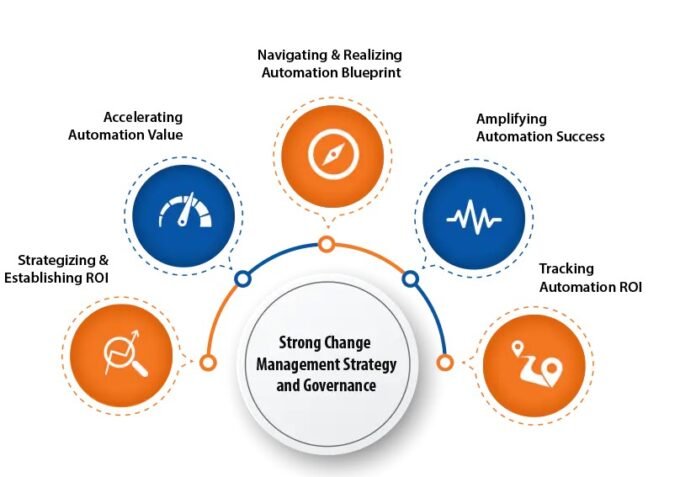The food industry has changed and progressed throughout these last couple of decades. Even people’s food consumption has changed as well, but one thing that remains constant is deceptive practices by some businesses regarding food. Food fraud is still one of the food industry’s and consumers’ biggest enemies.
Food fraud is defined as the deliberate commitment of fraudulent acts for economic gain. These acts include tampering and misrepresentation of food, food ingredients, and packaging. Some food fraud acts are so harmful that it causes damage to the health of many.
As a consumer, it’s critical to avoid food fraud because of the harm it can do to your body. Prioritizing your health is of utmost importance, especially nowadays. With that in mind, this article compiled tips to protect yourself as a consumer from food fraud.
Look for a seal of quality
Governments have different laws and ways of enforcing them regarding food production, preparation, and delivery. One of them is the seal of quality they give to brands that have met good quality food standards. This seal is usually placed on the packaging of the food product or displayed prominently in an establishment.
Sadly, it’s something that most consumers don’t look at when they shop for food products. Most people will only look at the price tag and the expiration date before picking an item. To really make sure that you are buying from ethical brands, look for your government agency’s seal of approval.
Reputable brands and sources will have a seal that guarantees their quality and authenticity, even for new products. You can also do advanced research to look for brands that you can rely on for quality food. Besides government information, you can also trust organizations that advocate for consumer protection where you can educate yourself and learn helpful tips about your rights, such as “What Is A Class Action Lawsuit?”
Educate yourself about nutrition facts
In this age, where information is a powerful tool, it also comes in handy when avoiding food fraud. A great way to confirm the authenticity of the food you buy is to read their nutrition facts. If you know the contents of the food product you intend to purchase, then you can save yourself from food fraud.
Nutrition fact labels are crucial, especially if you have health conditions. If you’re not supposed to consume too much sugar or were advised to avoid additives, then you should read nutrition labels. Many food fraud cases stemmed from brands intentionally excluding an item on their nutrition label or even disguising a chemical or ingredient as a regular food item.
Be wary of super low pricing
Food products aren’t strangers to discounts. Locally made food tends to be more affordable than imports, as it should be. But, there’s a difference between inexpensive and too low prices.
If there’s nothing on the news about a price rollback or any occurrence that could affect food prices, then you might be on to something. The idea of this kind of fraudulent activity is to lure consumers to purchasing a sub-standard food item. Be wiser because if you sense that it’s too good to be true, then it probably is.
Wrapping up
There’s a famous adage that says: “You are what you eat.” It’s true; if you’re not mindful of the quality of the food you eat, you might suffer severe consequences. Be better in choosing food products to avoid food fraud to protect yourself.
Author’s Bio:

Deinah Storm used to work in the corporate world as a marketing affiliate. She quit her job to pursue her passion for writing, but to this day, Deinah is committed to educating consumers about the different marketing scams and how to avoid them.








